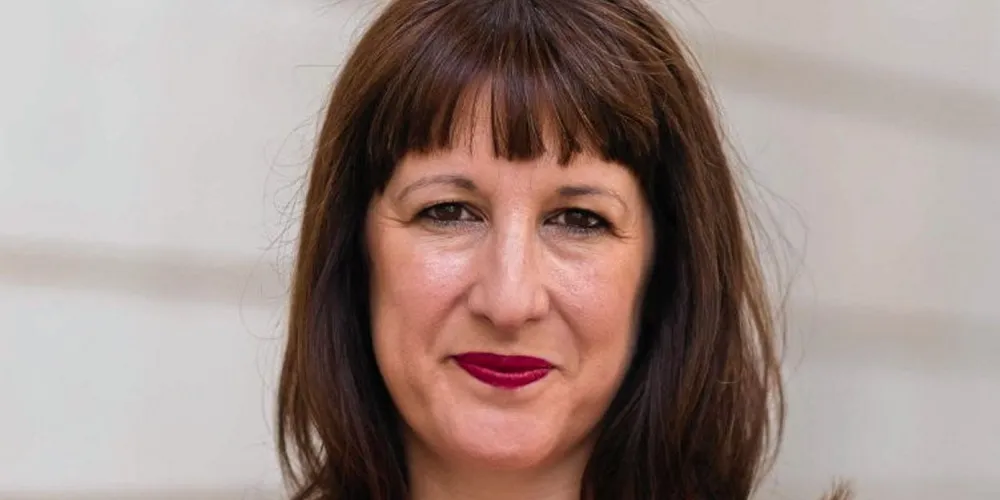UK’s Labour will ‘rewire Britain’ as energy transition battle lines are drawn ahead of election
Opposition's green pitch strikes a contrast with Prime Minister Rishi Sunak's bid to attract votes by dialling back emission-cutting policies

Opposition's green pitch strikes a contrast with Prime Minister Rishi Sunak's bid to attract votes by dialling back emission-cutting policies
